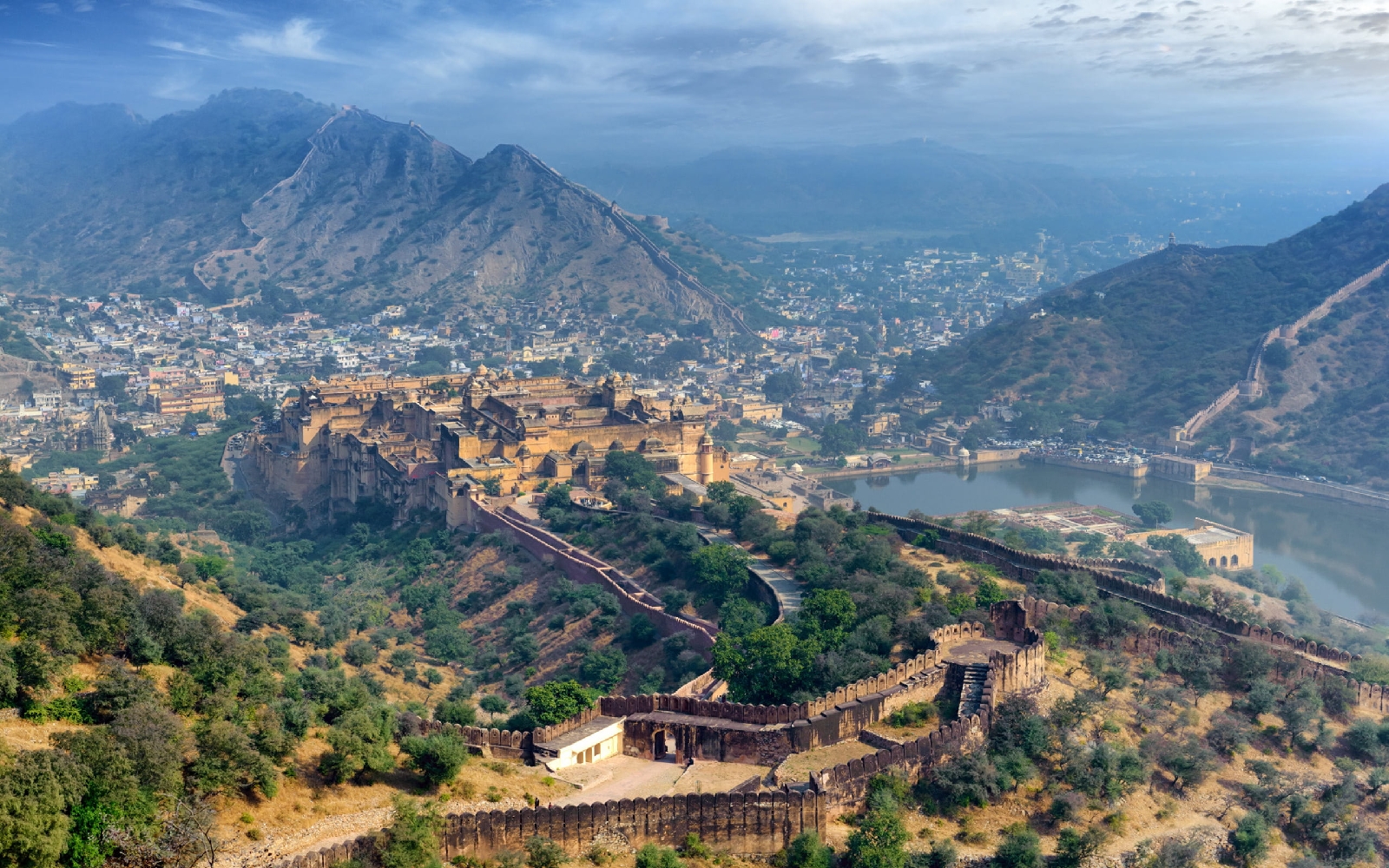Title: The Rising Tide: Understanding Inflation's Impact on the Economy
Introduction:
Inflation is an economic phenomenon that has significant implications for individuals, businesses, and governments alike. It refers to the sustained increase in the general price level of goods and services in an economy over time. In recent years, inflation has been a subject of growing concern and discussion, as its effects are felt across various sectors and impact the purchasing power of consumers. In this blog, we will delve into the intricacies of inflation, its causes, consequences, and potential strategies to mitigate its adverse effects.
1. The Basics: Understanding Inflation:
To comprehend inflation, we must first grasp its underlying causes. In most cases, inflation is driven by the interaction of supply and demand factors within an economy. When the demand for goods and services outpaces their supply, prices tend to rise. Similarly, factors like increased production costs, wage hikes, or changes in government policies can also contribute to inflationary pressures.
2. Inflationary Impacts on Individuals:
Inflation can have both direct and indirect effects on individuals. The most evident impact is the erosion of purchasing power. As prices rise, the same amount of money can buy fewer goods and services, thereby reducing the standard of living for many. Additionally, inflation can also affect savings and investments, making it challenging for individuals to preserve the value of their hard-earned money.
3. Business Dynamics in an Inflationary Environment:
For businesses, inflation poses unique challenges. Rising input costs can squeeze profit margins, compelling companies to either absorb the costs or pass them onto consumers. In turn, higher prices may reduce consumer demand, affecting sales volumes. Businesses must carefully navigate this delicate balance to remain competitive and maintain profitability amidst an inflationary environment.
4. Government Policies and Inflation Management:
Governments play a vital role in managing inflation. Central banks often utilize monetary policy tools, such as adjusting interest rates or implementing quantitative easing, to control inflation levels. However, finding the right balance is crucial, as excessively tight monetary policies can stifle economic growth, while loose policies can exacerbate inflationary pressures.
5. Inflation Hedge Strategies:
Inflation-conscious individuals and investors often seek strategies to protect their wealth. These strategies include diversifying investments, such as allocating funds to real estate, commodities, or inflation-protected securities. Furthermore, individuals may consider negotiating for wage increases or investing in assets that tend to appreciate during inflationary periods.
6. Inflation and Global Economy:
Inflation is not limited to any particular country but has ramifications in the global arena. Fluctuating inflation rates among different countries can impact exchange rates, trade balances, and cross-border investments. Understanding these interconnected dynamics is crucial for businesses and policymakers to navigate the complexities of a globalized economy.
Conclusion:
Inflation is a multifaceted economic phenomenon that affects individuals, businesses, and governments alike. Its far-reaching consequences can alter the purchasing power of consumers, impact business profitability, and shape the trajectory of economies. By understanding the underlying causes, implementing effective policies, and adopting inflation-hedging strategies, individuals and institutions can better navigate the challenges posed by inflation. As inflation continues to be a prevalent topic, continued research, analysis, and informed decision-making will be pivotal in promoting economic stability and well-being for all.



Comments
Post a Comment